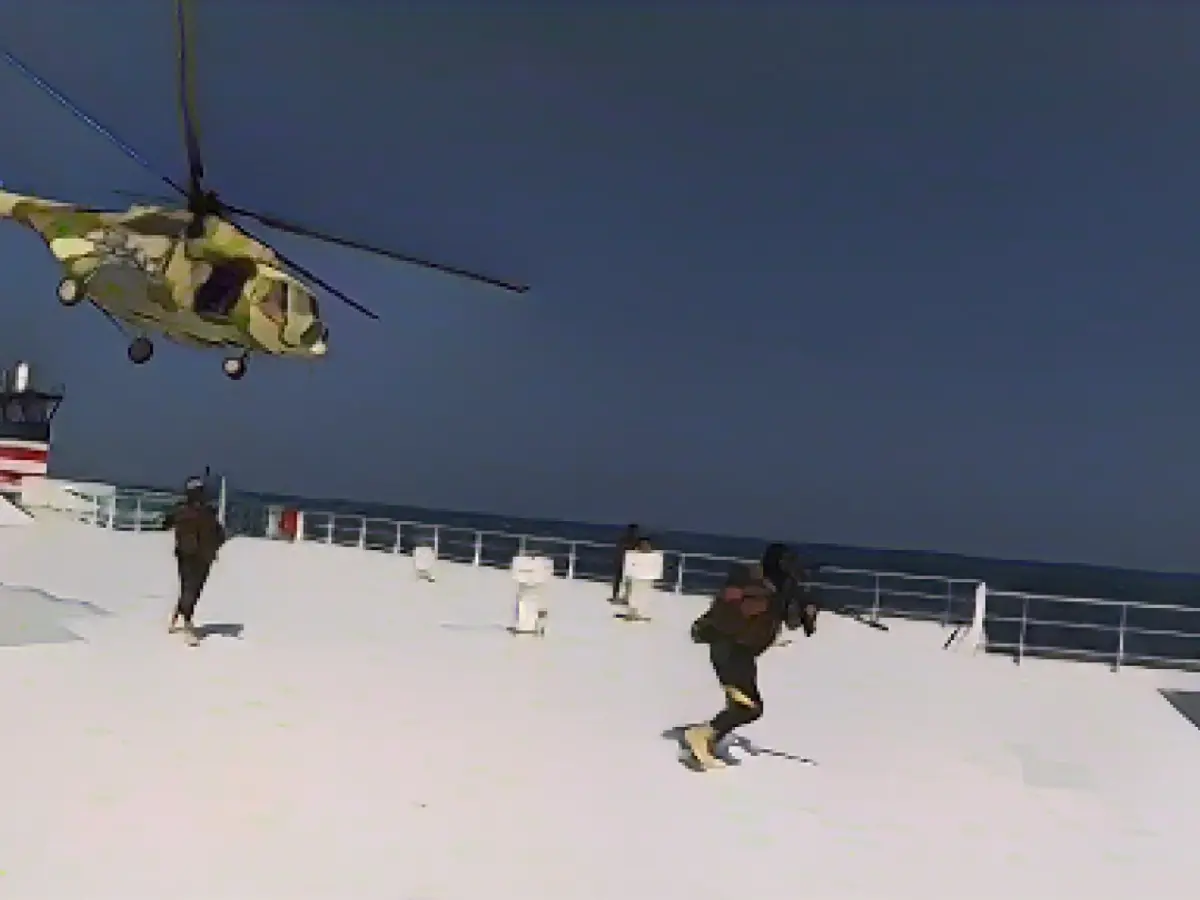The Houthi rebels' recent attacks on merchant ships in the Red Sea have raised concerns over global goods traffic, particularly in relation to the Suez Canal, one of the busiest waterways in the world. These attacks have been deemed as a de facto blockade, significantly impacting the free movement of goods and supply chains. The affected region is a critical point of entry to Europe, with around 12% of global goods traffic passing through daily.
Shipping companies now face an inherent risk as the Houthis have declared all ships bound for Israel as legitimate targets. The peril lies in the unknown criteria the Houthis will employ, with the potential for mistaken attacks on other vessels. The Strait of Bab al-Mandeb, separating the Red Sea and the Gulf of Aden, has become a major point of focus as it serves as the gateway for various goods transported to Europe.
The captivating route is responsible for transporting everything from food and medicines to coal, oil, and liquid gas, which is highly essential for Europe. The implications of inhibiting this region's shipping traffic would be devastating, impacting a wide array of goods, not just Israel. In light of this, European and German interests, in particular, would suffer considerably.
As of now, there have been no immediate effects on supply chains or supermarkets. However, a potential deterioration of this situation could mean extended sea routes, resulting in delays and higher fuel costs. The alternative route, the Cape of Good Hope, would increase the sea route by 14 days, subjecting ships to longer transit times.
The higher costs are primarily fuel expenses and operational adjustments resulting from extended port stays. Furthermore, the environmental impact of traveling the longer route is more significant, given the substantial greenhouse gas emissions. Uncertainty surrounds the actual premiums imposed on shipping companies aiming to navigate through the Red Sea due to the varying risk assessments of insurers.
Given the multitude of merchants with European connections traversing the Red Sea, a collective response is crucial. The United States recently called for an international partnership to address the precarious situation in the Middle East, with France, among others, already deploying naval vessels to safeguard the area. Europe, as a whole, is urged to take action, noting that the mobilization of a coalition of states to ensure safety in the water routines sends a powerful signal.
The mission's effectiveness demands a collaborative effort to deploy multiple ships or strategically place warships in the region, mirroring the Atalanta mission in the Horn of Africa. The mission aims to constrain piracy, addressing the imminent concern in the Red Sea and creating a more secure environment for ships passing by.
The growing instability in the region, driven by the Middle East conflict and the escalation of the Hamas attack on Israel, heightens the likelihood of further escalation. The possibility of additional disruptions to global trade routes should not be disregarded, and the appropriate steps should be taken to ensure a functional supply chain.
The global economy bears the brunt of limitations on trade routes, as evident in the past. When trade routes are disrupted, the economy is negatively impacted, especially during prolonged periods. The possibility of commerce interruptions in the Red Sea, if not adequately addressed, could potentially lead to significant economic consequences.
The primary goal is to safeguard the global economy by preventing any disruptions in the critical maritime supply chains. The urgency demands a responsible and coordinated response from various stakeholders, such as shipping companies, governments, and international organizations, to ensure that the economy remains steadfast in the face of challenges.







